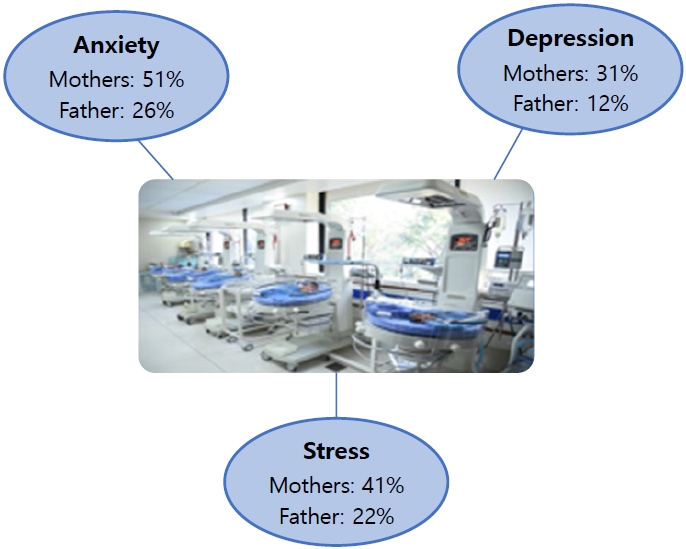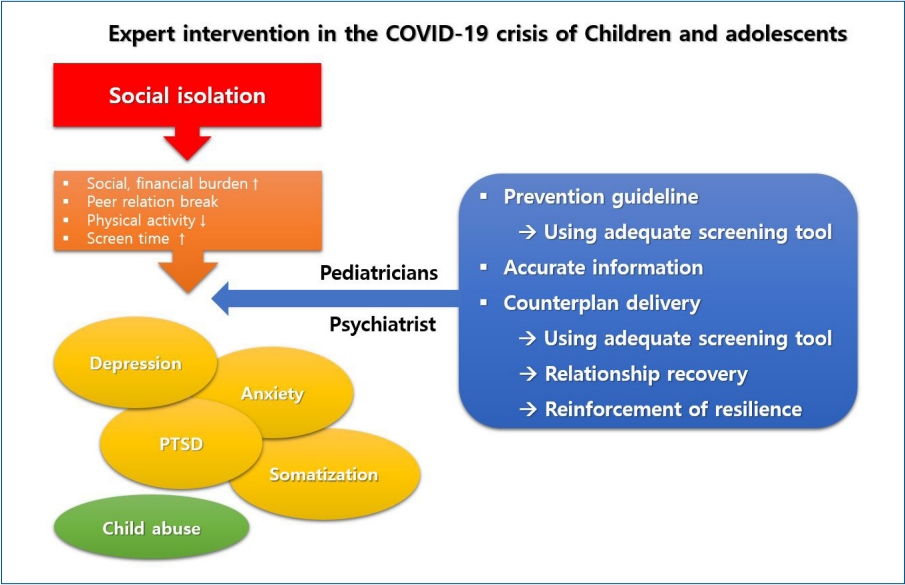Search
- Page Path
-
- HOME
- Search
- Original Article
- Review Article
- Original Article
- Review Article
- Original Article
-

-
-
Impact Factor3.2
-
8.02023CiteScore94th percentilePowered by
-











